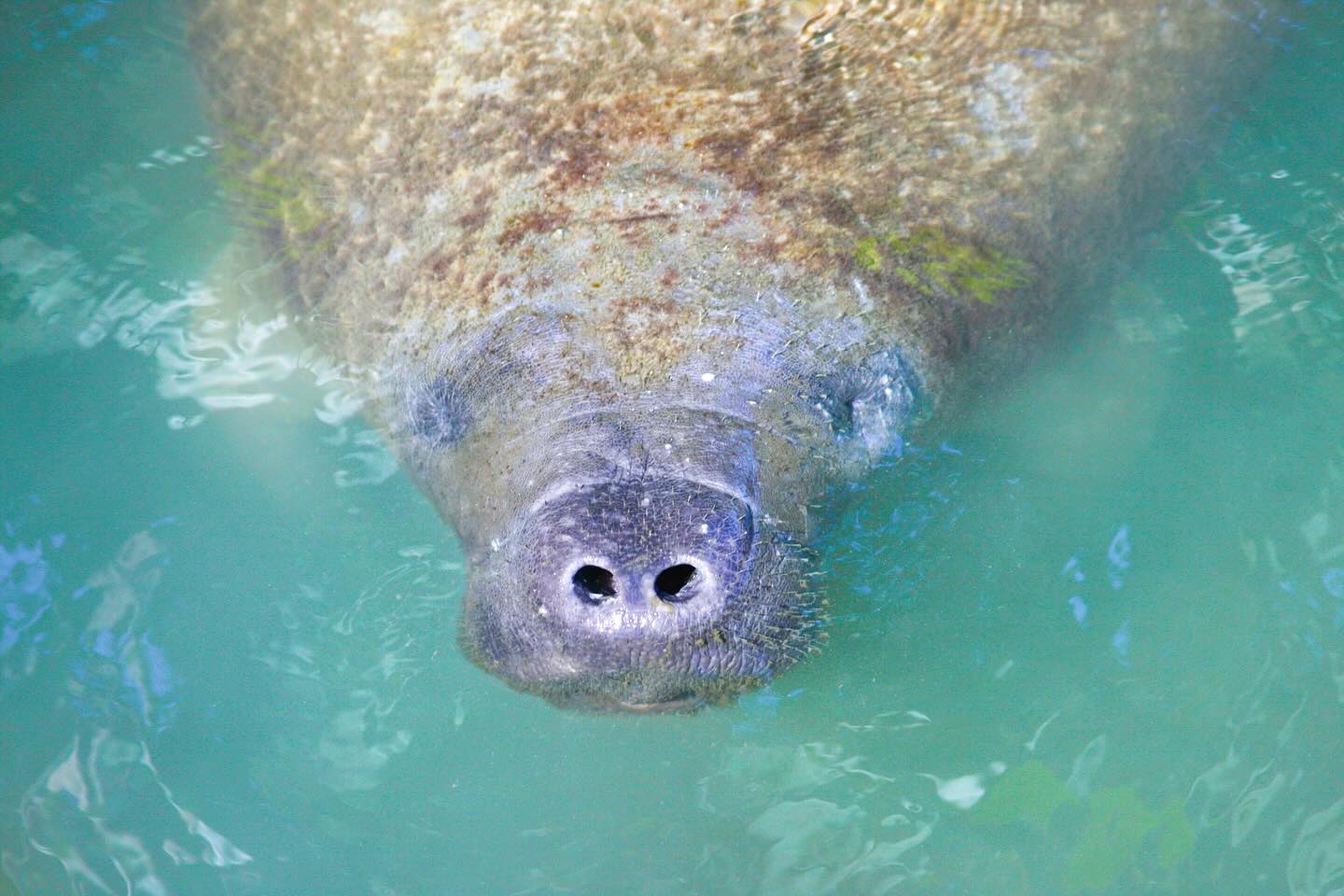- Understanding the significance of Happy Manatee Appreciation Day and its impact on conservation.
- Exploring the Mote Marine Laboratory’s Manatee Research Program and its role in manatee protection.
- Guiding public actions to support manatee conservation through awareness and responsible behavior.
- Analyzing the technological and scientific methods used in manatee research and tracking.
- Highlighting the importance of policy and legislation influenced by scientific research for manatee preservation.
Each year, nature enthusiasts, researchers, and conservationists come together to celebrate Happy Manatee Appreciation Day. This day is more than just a commemoration; it’s an opportunity to raise awareness about the challenges faced by one of the ocean’s most gentle marine mammals. The event underscores the collective responsibility to protect these creatures and their habitats through informed conservation efforts. Understanding the significance of this day is essential for anyone keen on playing an active role in environmental conservation.
The manatee, often referred to as the sea cow, captures the imagination with its gentle demeanor and grace in the water. However, manatees are also at risk from habitat degradation, boat collisions, and environmental changes. Happy Manatee Appreciation Day seeks to highlight these concerns while offering practical steps toward safeguarding these magnificent animals. This dedicated day is critical for disseminating information, fostering empathy, and catalyzing action for the benefit of manatees and the ecosystems they inhabit.
At the heart of this conservation movement is the Mote Marine Laboratory’s Manatee Research Program (MRP). This program is instrumental in protecting manatees through meticulous research that involves identifying individual manatees based on their scars and markings. These distinctive markings act like fingerprints, allowing researchers to track their movements and behaviors over time. Such detailed observation is vital for understanding their feeding patterns, migratory routes, and social behaviors, providing invaluable insights into their lives.
Mote’s Manatee Research Program uses a variety of scientific methods to monitor manatee populations. Aircraft surveys allow researchers to gather data on manatee distribution and abundance across vast geographic areas. This aerial perspective is crucial for observing how manatees interact with their environment and with each other. Furthermore, studies conducted in the seagrass beds where manatees feed provide data on their diet and health. These research activities not only inform scientists but also guide conservationists in shaping policies designed to protect manatee populations.
Scientific research plays a pivotal role in influencing legislation and conservation policies. The data collected by programs like MRP is instrumental in advocating for protective measures. This can include creating manatee protection zones, reinforcing speed limits in waterways, and ensuring safe boating practices. These strategies are essential to mitigate the risk of collisions, which, alongside habitat loss, remain a leading threat to manatees. By grounding policy decisions in comprehensive scientific research, conservation efforts can be both effective and evidence-based.
Public involvement is key to the success of manatee conservation. Mote Marine Laboratory encourages individuals to adopt simple, responsible behaviors that can significantly impact manatee protection. For instance, feeding and touching manatees is discouraged as it can alter their natural behaviors and make them dependent on human interventions. Similarly, keeping waterways free of trash helps maintain a healthy ecosystem for manatees and other marine life. Awareness and adherence to posted signs around manatee habitats ensure their safety and show respect for their natural existence.
Another critical component of public awareness is addressing the danger posed by watercraft. Boaters are urged to stay vigilant, maintain a respectful distance, and adhere to speed restrictions to prevent accidents. These guidelines not only protect manatees but also enhance the overall safety of waterways for all users. Educational campaigns that focus on these aspects are crucial for spreading the message of cohabitation with manatees in shared aquatic environments.
Documenting the lives of these extraordinary marine mammals is a meticulous process that balances the need for data with respect for their well-being. Advanced technology, like drones and underwater cameras, augment traditional observation methods and offer new perspectives without disturbing the animals. The wealth of information obtained through these methods is a cornerstone in understanding manatee ecology and formulating conservation strategies.
Happy Manatee Appreciation Day is an important reminder of the interconnectedness of ecological health, science, and human responsibility. As we celebrate and cherish these gentle giants, the responsibility to act with care and foresight becomes clear. By embracing science-driven conservation efforts and fostering public awareness, we can make meaningful strides in ensuring the survival and prosperity of manatees in their natural habitats. Through focused action and sustained education, the world continues to move toward a more sustainable and harmonious existence with these remarkable creatures.
*****
Source Description
Happy Manatee Appreciation Day! 🎉💙
Did you know Mote has its own Manatee Research Program (MRP)? 🔬🌊📸
This program uses photos to ID manatees by their unique scars and marks. Researchers track their movements from planes, study how they feed in seagrass beds and collect long-term data on their behavior. This research helps shape the policies and conservation efforts that protect these amazing animals!
To celebrate Manatee Appreciation Day, Mote invites you to make a difference by:
🚫 Not giving manatees water
🚫 Never feeding or touching them
🚫 Keeping trash out of the water
🚨 Staying alert while boating
⚠️ Always following posted signs
👀 Observing from a safe distance
Let’s protect manatees not just today, but every day! 🌟
Activities conducted by Mote’s Manatee Research Program under U.S. Fish and Wildlife Service permit
MA00361-4


